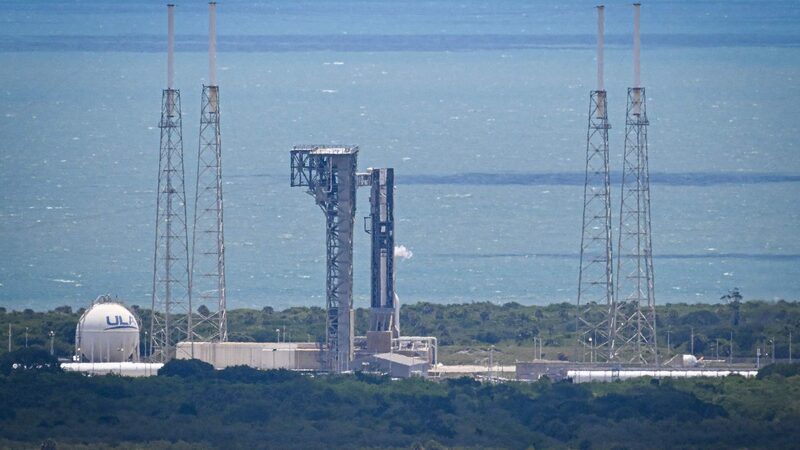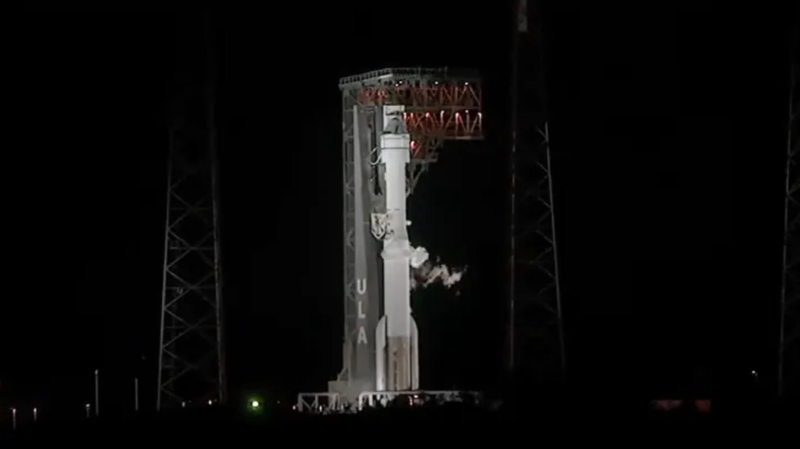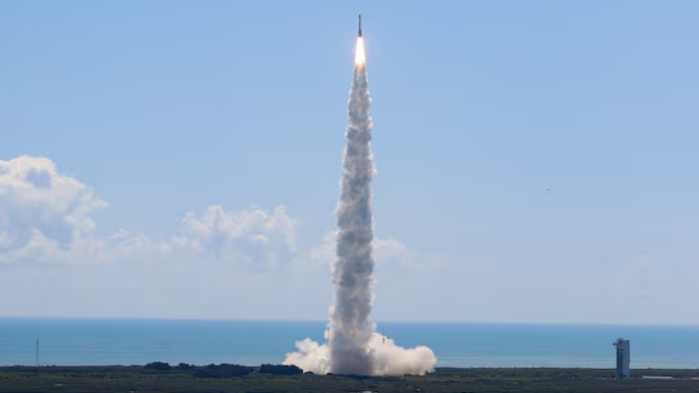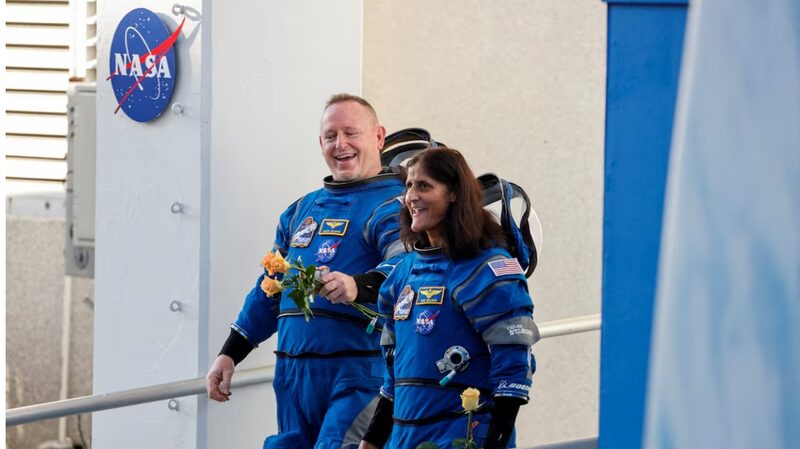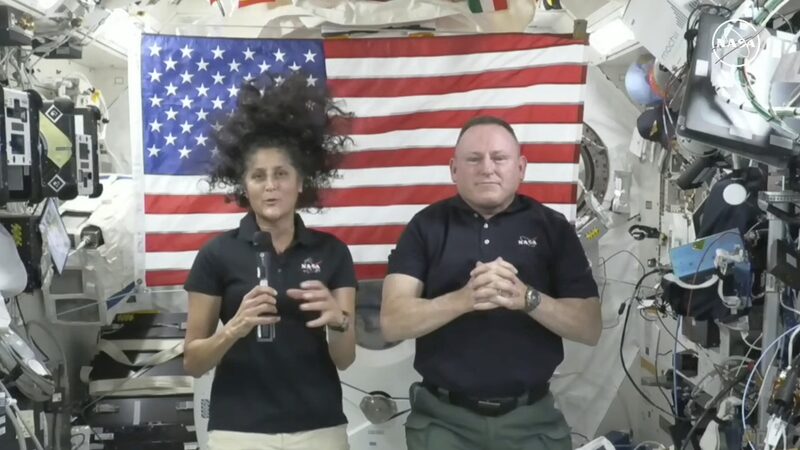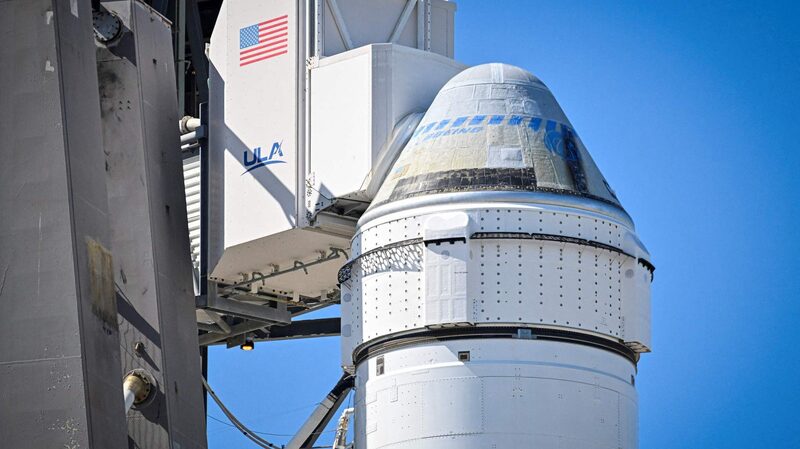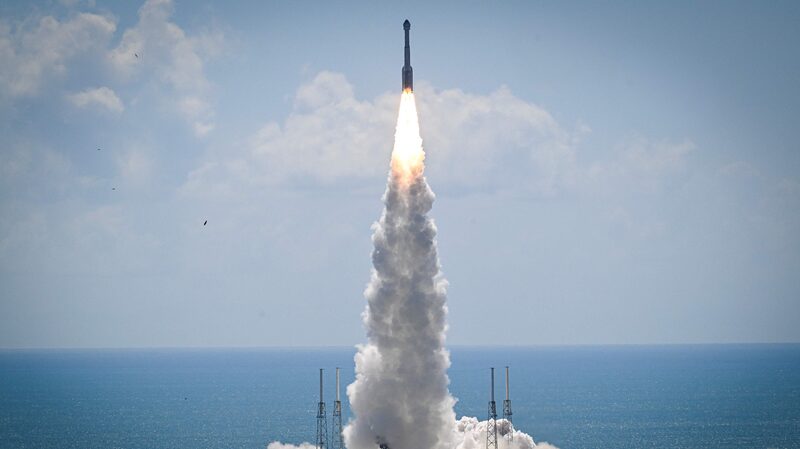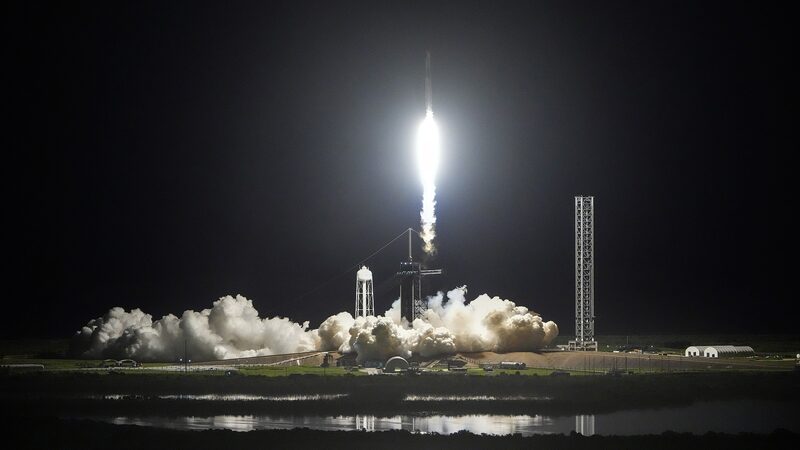NASA and Boeing’s much-anticipated first crewed mission of the Starliner spacecraft was dramatically scrubbed just minutes before liftoff, leaving astronauts and spectators alike awaiting the next launch attempt.
The spacecraft was scheduled to embark on its maiden crewed voyage to the International Space Station (ISS) at 12:25 p.m. Eastern Time (1625 GMT) on Saturday, launching from Space Launch Complex-41 at Cape Canaveral Space Force Station in Florida. Perched atop a United Launch Alliance (ULA) Atlas V rocket, the mission promised to mark a significant milestone in Boeing’s collaboration with NASA’s Commercial Crew Program.
However, at approximately T-minus 3 minutes and 50 seconds, the ULA launch team called a hold, halting the countdown. NASA later confirmed that the launch attempt was scrubbed due to an automatic hold triggered by the ground launch sequencer. The specific cause of the hold has not been disclosed, and a new launch date has yet to be announced.
The mission, carrying NASA astronauts Butch Wilmore and Suni Williams, aims to test the Starliner spacecraft and its subsystems during a planned week-long stay at the ISS. Successful completion of this test flight is critical for Boeing to receive certification for conducting regular crew rotations to the orbiting laboratory, a key component of NASA’s efforts to expand commercial partnerships in space exploration.
This scrub marks the second time the launch has been postponed. The initial attempt was scheduled for May 6 but was delayed due to technical issues. The repeated delays underscore the challenges inherent in developing new human-rated spacecraft and the rigorous safety protocols that govern crewed missions.
Boeing’s Starliner program has faced several hurdles since its inception, including an uncrewed test flight in December 2019 that failed to reach the ISS due to software glitches. A successful crewed mission is critical for Boeing to demonstrate its capabilities alongside SpaceX, which has been ferrying astronauts to the ISS since 2020 under the same NASA program.
The commercial crew endeavors by companies like Boeing and SpaceX are pivotal in reducing the United States’ reliance on Russian Soyuz spacecraft for transporting astronauts to and from the ISS. They also represent a broader shift toward leveraging private sector innovation in space exploration and transportation.
Global attention now turns to when Boeing and NASA will announce the next launch attempt. As the world watches, the importance of meticulous safety checks and mission assurance remains paramount, especially when human lives are at stake.
For the international community of space enthusiasts, business investors monitoring aerospace developments, and researchers awaiting new opportunities aboard the ISS, the anticipation continues.
Reference(s):
Boeing scrubs Starliner's first crewed mission minutes before liftoff
cgtn.com
